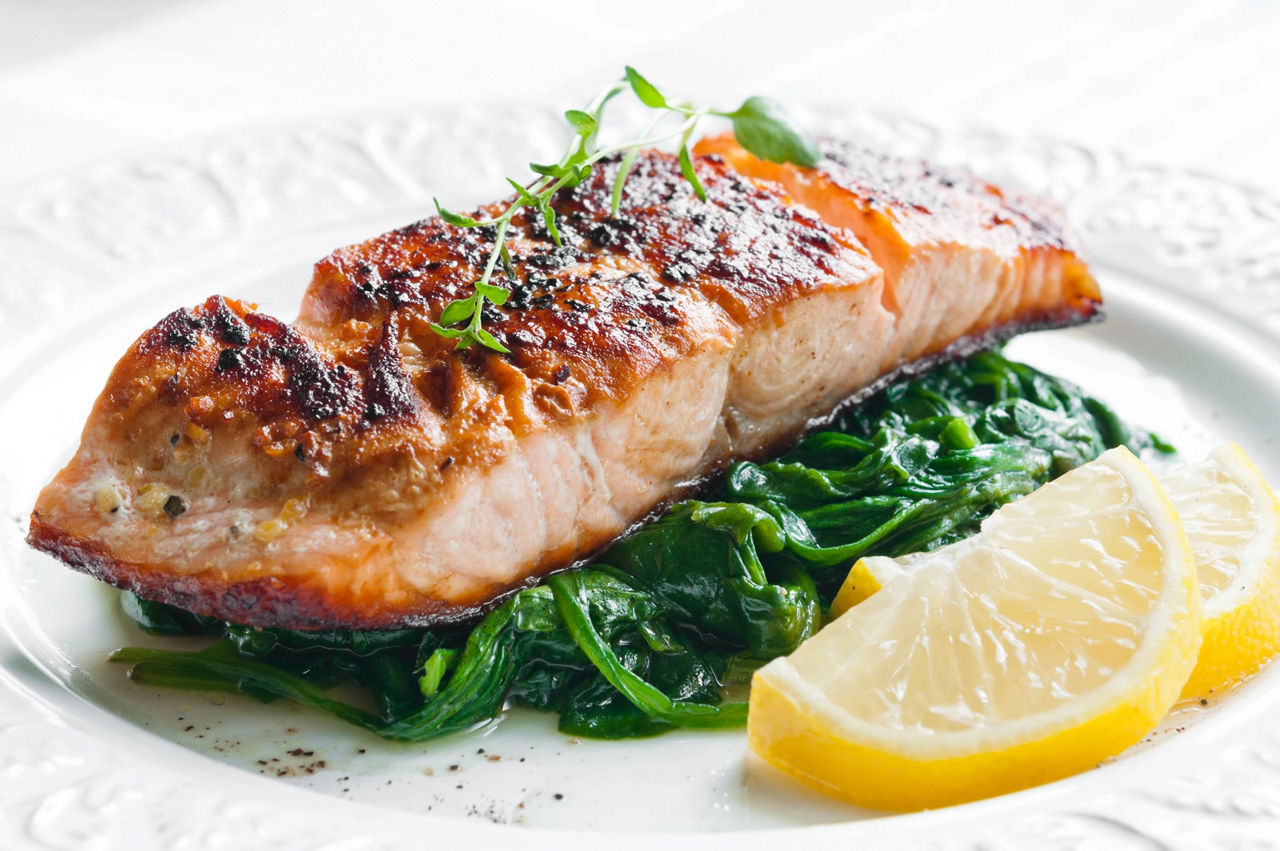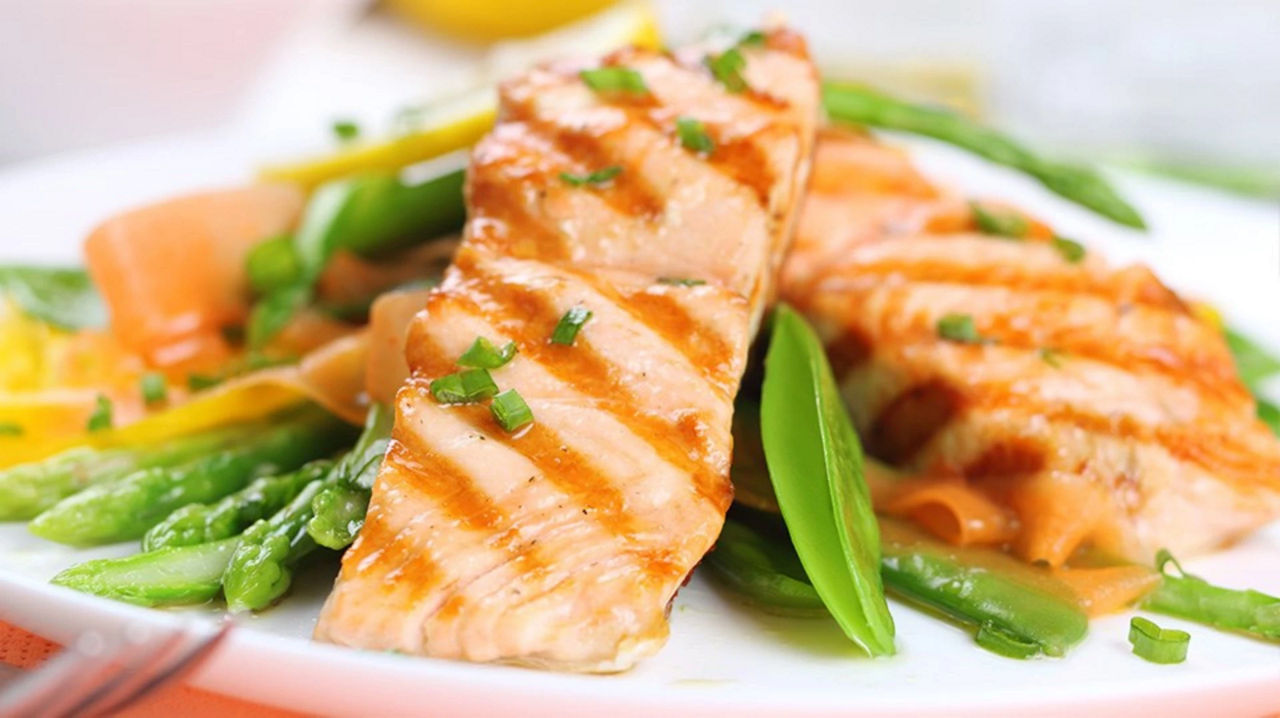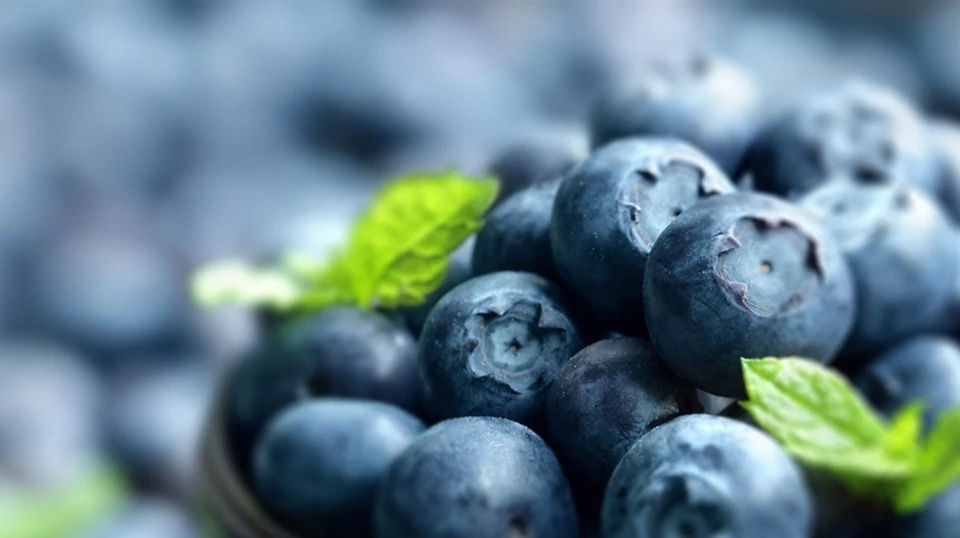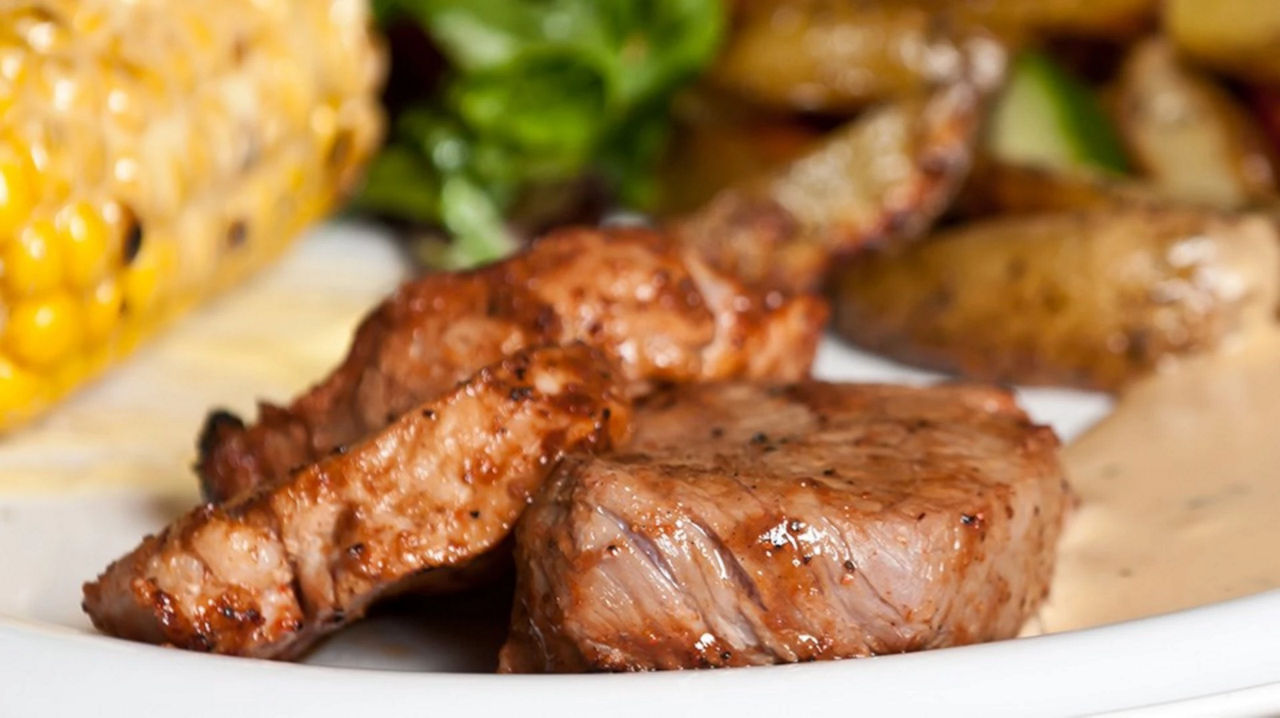The most important examples of omega-3 LCP fatty acids are docosahexaenoic acid (or DHA) and eicosapentaenoic acid (EPA)2.
According to research, a large part of the population isn’t getting enough omega-3 fatty acids3. For pregnant women, getting enough omega-3 fatty acids is very important, as they play a crucial role in the health of you and your growing baby.
Benefits of DHA and EPA omega-3 fatty acids for you
DHA and EPA are important for a healthy heart and may protect from heart disease. They’re also important for your lungs and blood vessels and help to support your hormone and immune systems4.
EPA and DHA may also encourage positive pregnancy outcomes, such as preventing preterm labour5. In addition, there’s evidence to suggest that omega-3 fatty acids can reduce the likelihood of depression both during your pregnancy and postpartum (also known as perinatal depression).
Benefits of DHA and EPA omega-3 fatty acids for your baby
DHA and EPA have been shown to support foetal growth, especially of your baby’s eyes and rapidly developing brain, laying the foundations for their learning and development skills throughout their life2. It can also help your baby’s nervous system to develop6.
Additional benefits of DHA and EPA for your baby may include:






